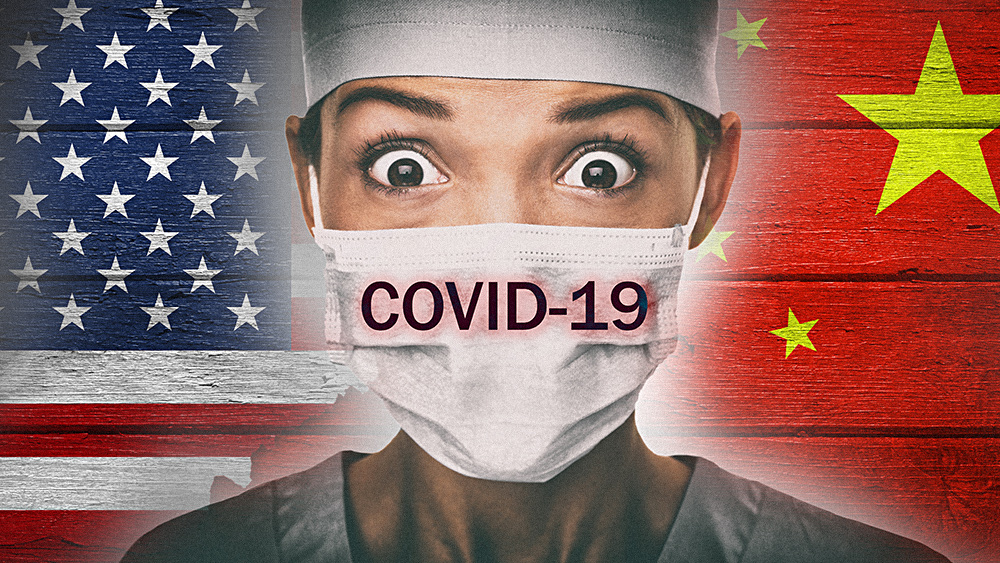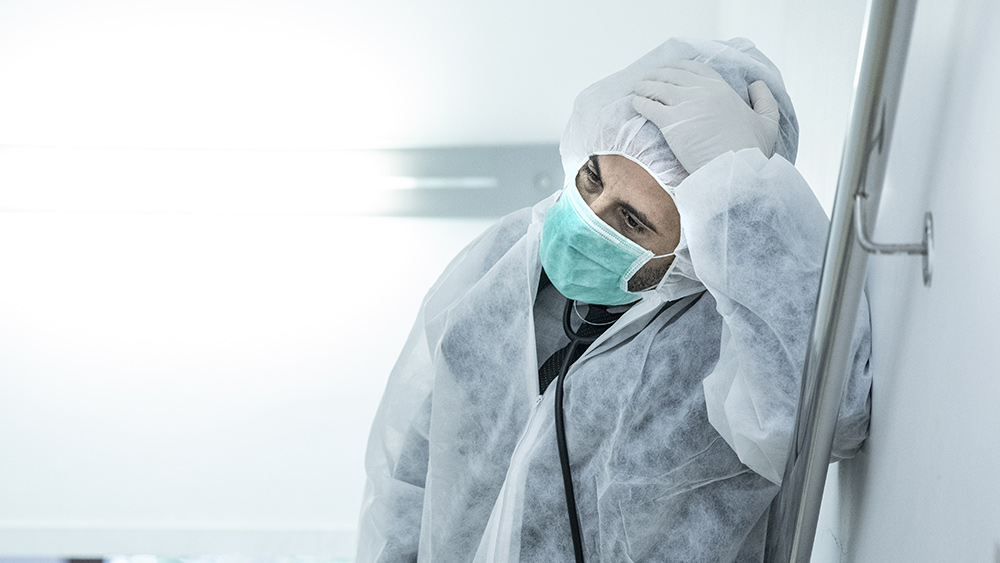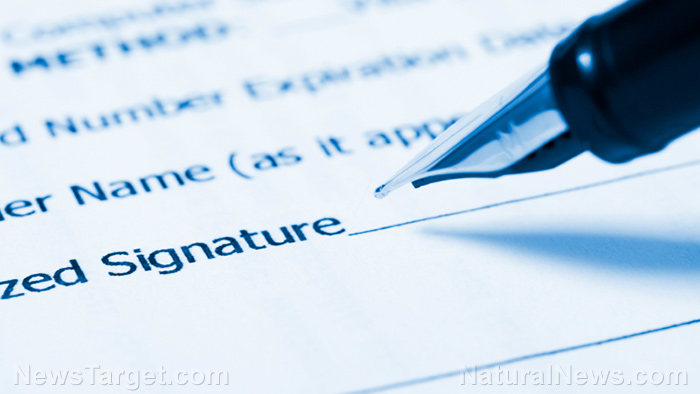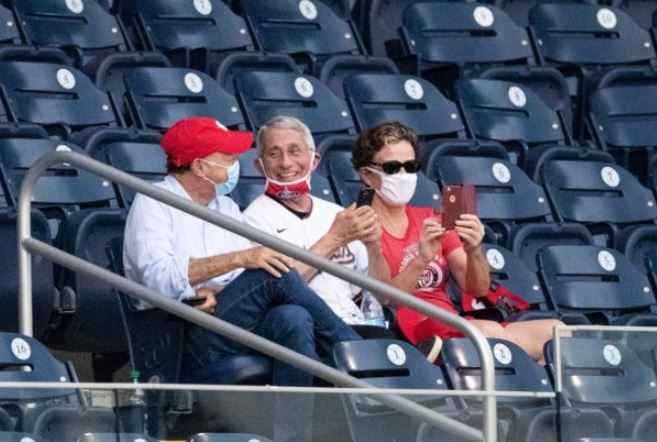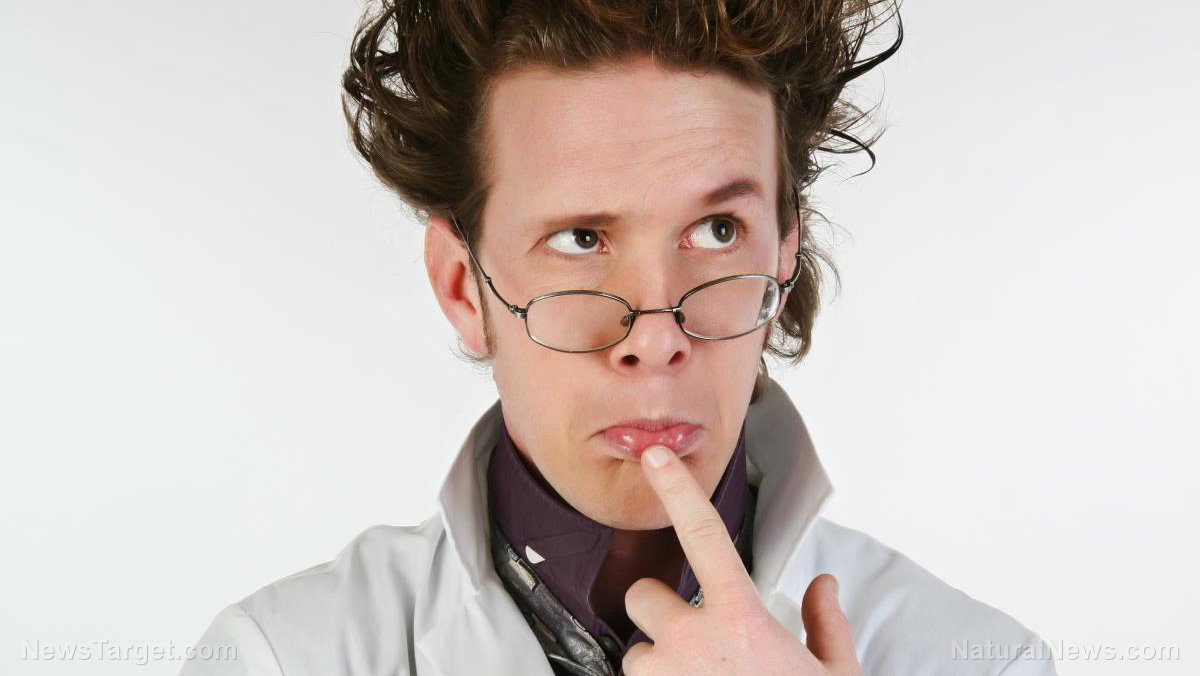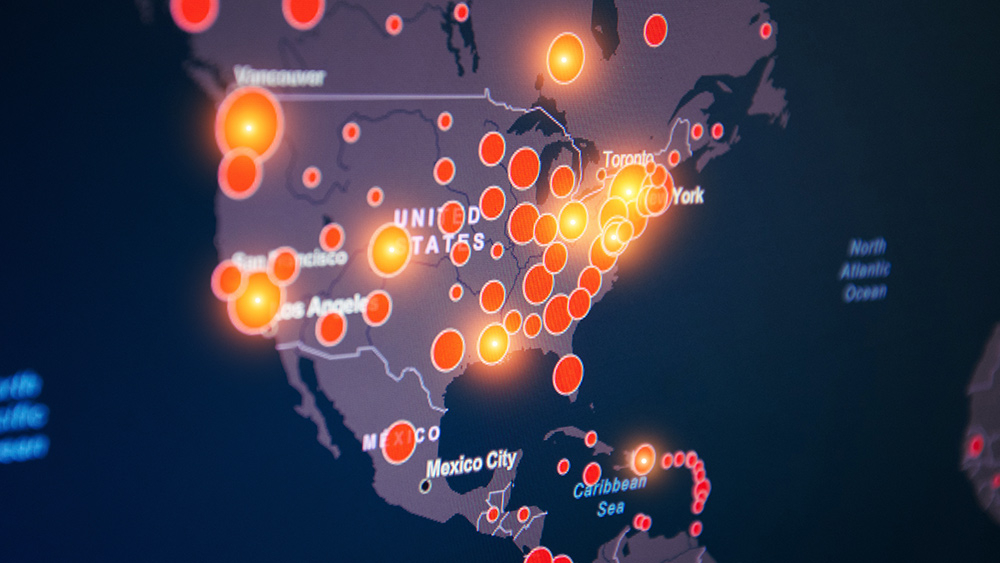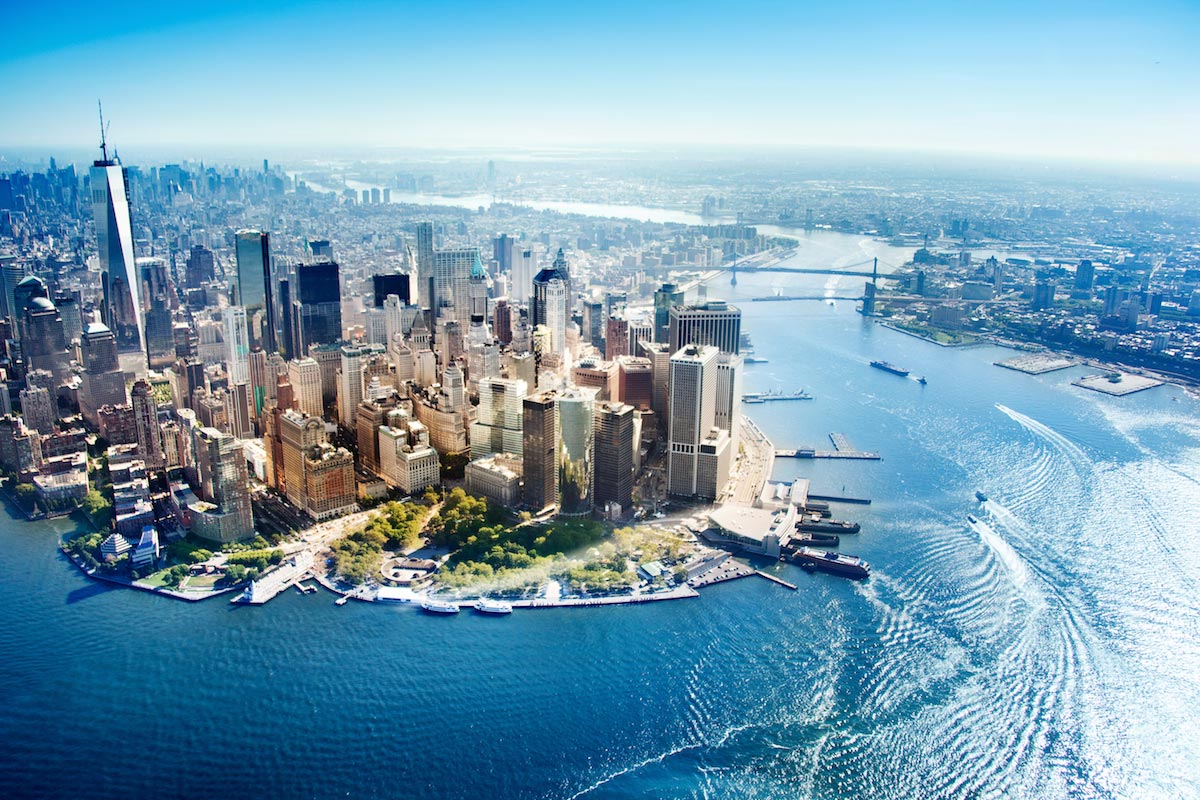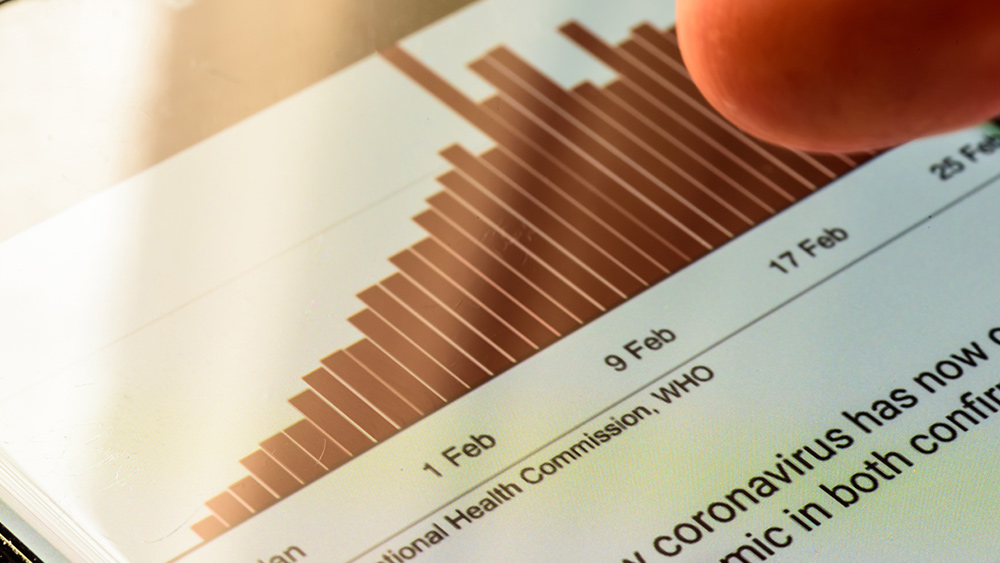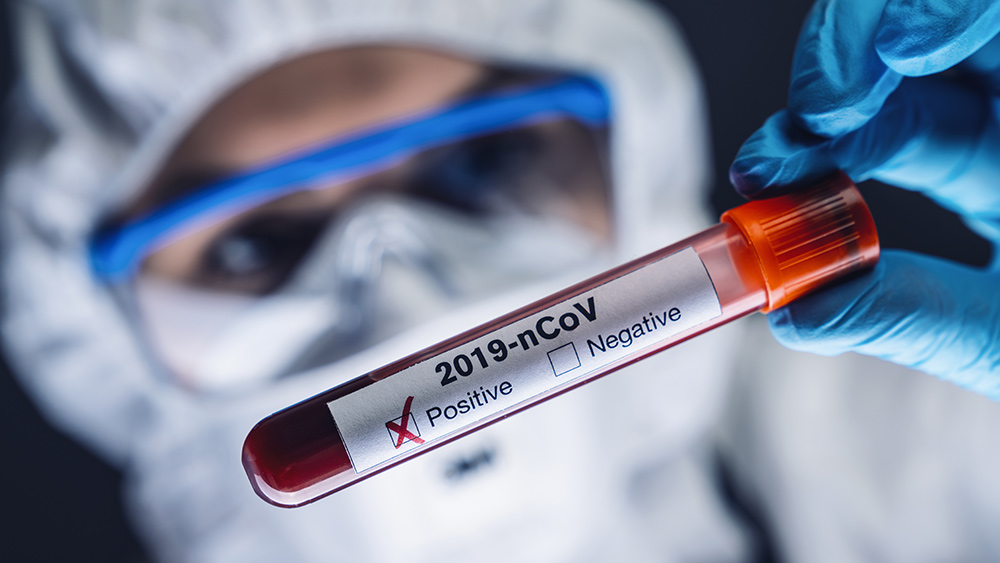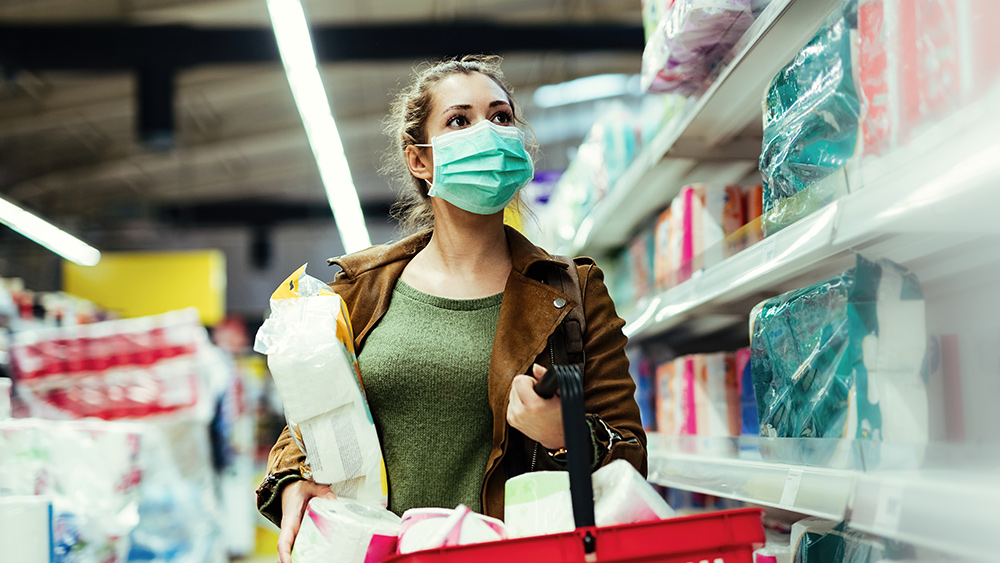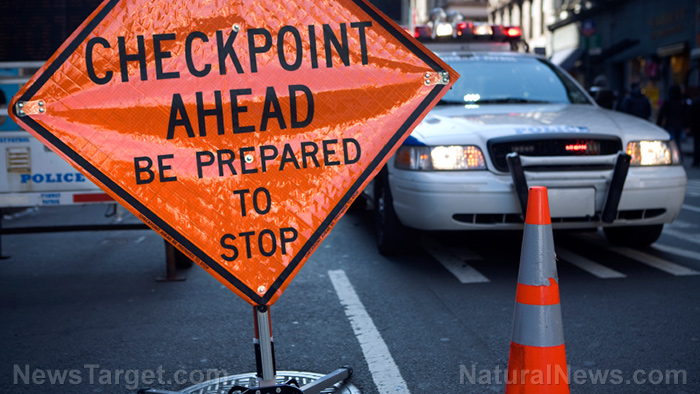Online retail giant Amazon removes any product mentioning “CORONAVIRUS” – including sanitizing products that actually kill coronavirus on surfaces
02/27/2020 / By Michael Alexander
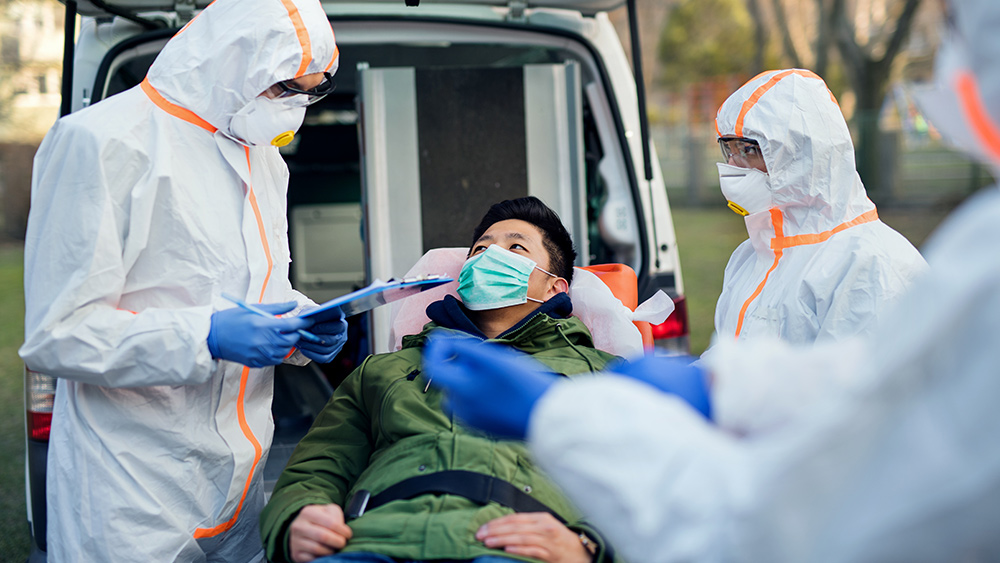
Online marketplace Amazon is removing from its website several products that claim to stop the spread of – and even cure – the new COVID-19 virus. In doing so, however, the retail giant may actually harm consumers by preventing them from being able to purchase sanitizing products that really do kill the coronavirus on surfaces such as door handles and elevator buttons.
The decision came a week after the company’s meeting with the World Health Organization (WHO) at Facebook’s offices at Menlo Park, California. According to a report by CNBC, Amazon, alongside other tech giants, discussed with the WHO several plans on how to stop the spread of misinformation about the novel coronavirus on their respective platforms.
According to Amazon, the pullout of items is part of its crackdown on a large number of sellers who have recently cropped up on their website, some of which are offering books that “stoke fears about the virus,” as well as vitamin C products that are being touted as cures for the new disease.
Among the other products being removed from Amazon’s online shelves are surgical face masks. In a letter obtained by CNBC, Amazon told the masks’ seller that it would remove its listing from the market because it made unapproved medical marketing claims. The retail giant, however, also told sellers that it would consider reinstating the flagged product listings online if the “prohibited medical claims” were removed from product descriptions.
Despite its crackdown, several products have seemingly escaped Amazon’s filters, including several disinfectant sprays and cleaners, which are advertised as being able to “kill” the COVID-19 virus. The larger truth, however, is that many of these products no doubt really do kill coronavirus on surfaces, but Amazon is prohibiting the public from being able to see this information.
As of press time, major governing bodies like the CDC and WHO have not officially recognized any cleaning products, pills or wipes as effective agents against COVID-19, which has infected 80,998 and killed 2,763 in China alone, as reported by Natural News.
COVID-19 hits Amazon supply chain
Aside from the flagging of items advertised as COVID-19 cures and treatments, Amazon is also taking precautionary measures to shield itself from possible supply-chain interruptions, especially in preparation for its global Prime Day sales event – an event that saw the tech giant notching a record high in terms of sales in 2019. (Related: Still think the global supply chain is fine? Proctor & Gamble warns of 17,600 products using 9,000 materials from 387 factories in China… ALL impacted by the coronavirus pandemic.)
Amazon, which sources the majority of its products from COVID-19-hit China, is now stockpiling its inventories despite its “lean inventory” business model – a response perhaps to the factory closures caused by the outbreak of the disease in the Asian nation. In fact, according to a report published by CBS, Amazon has ordered six to eight weeks’ worth of products instead of its usual two- to three-week stash.
Similarly, several of Amazon’s third-party suppliers and sellers are cutting back on their advertising and marketing efforts on the online marketplace, presumably in order to decrease possible demand for their goods and avoid shortages.
“Out of an abundance of caution, we are working with suppliers to secure additional inventory to ensure we maintain our selection for customers,” Amazon has said in a statement. “We are monitoring developments related to the coronavirus and taking appropriate steps as needed,” the company later added.
The recent crackdown on products advertised as being effective against COVID-19, as well as Amazon’s stockpiling of China-made products, are the latest issues to hit the retail giant, which – alongside other major online retailers, Walmart and eBay – was previously hit with allegations that it was selling counterfeit and even unsafe and expired goods.
Amazon’s product pullout – an unprecedented misstep
Amazon’s decision to take out items that could potentially stem the spread of COVID-19 seems foolhardy – considering the fact that the rest of the world is dealing with medical supply shortages in the wake of the coronavirus outbreak.
This is the situation in the province of Hubei – the epicenter of the COVID-19 wave.
According to Cao Guangjing, vice governor of the province, there is still a shortage of medical supplies in their area, adding that while some of the factories that manufacture protective gear such as face masks and other supplies have bounced back, some plants have still not fully resumed production.
“The shortage still exists,” Cao said in a Reuters report.
A similar scenario is unfolding in the Southeast Asian nation of the Philippines, where the first recorded death of a COVID-19 patient outside of China occurred.
In metropolitan areas such as Cebu City – one of the cities the patient visited as part of a tour before falling sick – suppliers are currently forced to ration protective gear such as masks after pharmacies instated a “one box per person” policy in order to prevent potential hoarding.
Things aren’t much different in the capital region of Metro Manila, where panic and hysteria have likewise led scores of civilians to virtually ransack pharmacies and medical supply stores for face masks and other important items such as disinfectants, eventually prompting the deployment of police and additional security personnel to help manage the panicked crowds.
Sources include:
Tagged Under: Amazon, Big Tech, Censorship, China, conspiracy, coronavirus, covid-19, cures, disinfo, global market, goods, infections, novel coronavirus, online market, online retail, outbreak, pandemic, panic, product labels, products, propaganda, supply chain, tech giants, Wuhan
RECENT NEWS & ARTICLES
Pandemic.News is a fact-based public education website published by Pandemic News Features, LLC.
All content copyright © 2018 by Pandemic News Features, LLC.
Contact Us with Tips or Corrections
All trademarks, registered trademarks and servicemarks mentioned on this site are the property of their respective owners.

